The first session I attended at GHC is Shattering the Old Boys’ Club: Rediefining Mentorship for Women in Tech, which was a panel discussion and a short presentation by Nisha Dua (founder of Built by Girls), Stasia Efremkina (student at UPenn), Natasha Shah (software engineer at Verizon), and Susan Kelly (Director of Software Development at Verizon).
As with most mentorship panels, the discussion started with the exchange of what qualities the panelists look for in mentors. “Brutal honesty” is the standard answer for this question, and was predictably brought up. There were several other common answers (such as someone who genuinely wants to know the mentee), but one answer surprised me: that the mentor should be a confidant. This is not something I have thought about explicitly before, but makes a lot of sense in an industry context, since mentees may be looking for advice about switching jobs, or (less positively) looking for help on dealing with harassment. Less monumentally, however, it is also obvious in hindsight that for mentors to gain the trust of their mentees, sometimes the things they learn may be confidential or otherwise personal. As a professor, the latter is the more common case, and it’s useful to explicitly think of that information as private.
To be honest, I was more interested in how the focus of the conversation changed towards deconstructing the idea of mentor versus mentee. For one, mentorship still applies no matter how high up you are on the corporate ladder; there are always others who are in a more senior position, or have more experience from which you can learn. So while you may be a mentor to junior employees, you yourself may be mentored by someone else. Speaking personal, this is definitely the case when I mentor students but am still learning to be a faculty member and professor from my colleagues.
But the line is even blurrier than that: it’s not that you might play mentor for one person and mentee with another, but that it’s possible to be both mentor and mentee at the same time with the same person. This first came up in a story about how a cohort of new hires started relating each others’ perceived strengths and weaknesses, and how they can learn from each other even though they all have roughly the same amount of experience. That is, mentorship does not have to be about the differential in positional experience, but could also be about the differential in specific fields or skills. In fact, mentorship could sometimes be as simple as listening to the other personal, being the “rubber duck” as the mentee explain what they are thinking. (Maybe this is a temporary differential in headspace?) This rubber-duck-mentorship means that the amount of experience may not be relevant at all – all you need is one person being willing to pay attention and ask clarifying questions.
It was clear at that point where the panel/presentation was going: we need to break out of the idea that mentorship can only be one-to-one or one-to-many, or that it can only be hierarchical based on experience. The phrase “ecosystem of mentorship” was used near the end, and I think it perfectly captures the ideal of everyone simply having relationships with each other, and freely switching between the mentor and mentee roles depending on what is necessary at the time. To quote the presentation, the focus is not on “getting ahead” but on “getting better”, and we can all help each other with that task.
What struck me is that “getting better” is just another phrase for “learning”, and that is something I have more expertise on. Do we not do group projects, or active learning activities like think-pair-share, exactly so students can learn from each other despite their relatively equal amount of experience? I suspect that education research, especially ways to create informal learning environments, may have a lot to add to mentorship. Oxy does not currently have a STEM mentorship program, but there has been discussions about starting one (whether faculty-led or student-led), and I would love to see this ecosystem idea be incorporated into what we end up creating.











